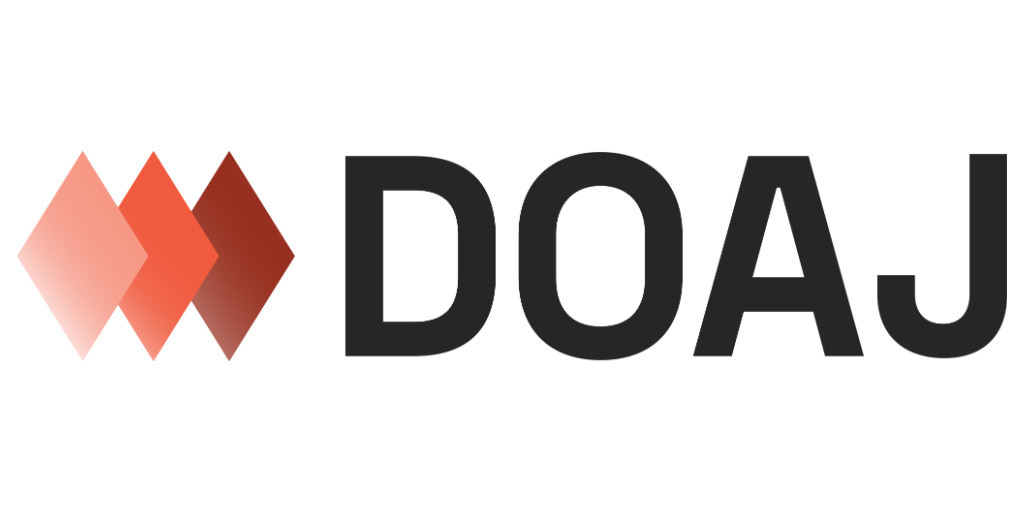Turystyczne portale internetowe – wiarygodne źródło informacji?
DOI:
https://doi.org/10.18778/0867-5856.26.2.01Keywords:
turystyczne media społecznościowe, Online Travel Agency, UGC, baza noclegowa, WrocławAbstract
Artykuł jest wynikiem analizy studium przypadku opartego na dwóch najbardziej popularnych portalach internetowych, z których jeden bazuje na technologii Travel 2.0 oraz aplikacji typu UGC i jest to TripAdvisor, podczas gdy drugi został stworzony jako OTA, który również w toku rozwoju przyjął rozwiązanie typu UGC i jest to Booking.com. Analizie poddano treść obu portali dotyczącą obiektów noclegowych we Wrocławiu, a następnie skonfrontowano ją z oficjalnymi danymi statystycznymi, publikowanymi przez Główny Urząd Statystyczny w Polsce i zawartymi w Centralnym Wykazie Obiektów Hotelarskich udostępnionym na stronach Ministerstwa Sportu i Turystyki. Celem artykułu jest ocena wiarygodności i kompletności informacji zawartych na portalach turystycznych w Internecie, po pierwsze z punktu widzenia potencjalnego klienta, po drugie ze względu na ich wartość dla badań marketingowych. Portale oparte o technologię bezpośredniej wymiany informacji (Word-Of-Mouth) są przeznaczone dla klientów i dla dostawców. Badania skoncentrowano więc na analizie ich zawartości opartej na przyjętej metodzie. Artykuł identyfikuje braki w istniejącej wiedzy naukowej i rynkowej i wskazuje potencjalny kierunek dalszych badań.
Downloads
References
BUHALIS D., 2003, eTourism: Information Technology For Strategic Tourism Management, Pearson (Financial Times/Prentice Hall), London.
Google Scholar
CHUA A.Y.K, BANERJEE S., 2013, Reliability of Reviews on the Internet: The Case of TripAdvisor, „Proceedings of the World Congress on Engineering and Computer Science”, I, WCECS 2013, San Francisco.
Google Scholar
CONSTANTINIDES E., 2009, Social Media/Web 2.0 as Marketing Parameter: An Introduction, 8th International Congress Marketing Trends, Paris.
Google Scholar
Distribution Channel Analysis: A Guide for Hotels. The American Hotel & Lodging Association and STR Special Report, 2012, Hospitality Sales & Marketing Association International Foundation.
Google Scholar
GRETZEL U., YOO K., 2008, Use and Impact of Online Travel Reviews, [w:] ICT in Tourism 2008, P. O’Connor, W. Hopken, U. Gretzel (red.), Springer, Viena, s. 35-46.
Google Scholar
DOI: https://doi.org/10.1007/978-3-211-77280-5_4
HOEGG R., MARTIGNONI R., MECKEL M., STANOVSKA-SLABEVA K., 2006, Overview of Business Models for Web 2.0 Communities, [w:] Proceedings of GeNeMe, Dresden, s. 23–37.
Google Scholar
INVERSINI A., MASIERO L., 2014, Selling Rooms Online: the Use of Social Media and Online Travel Agents, „Hospitality Management”, 26(2), s. 272–292.
Google Scholar
DOI: https://doi.org/10.1108/IJCHM-03-2013-0140
KOCAK V.Y., 2015, How is Social Media Communication Competence and Importance Perceived and to what Extent Social Media Communication Competence is implemented by Business Hotel Managers within Tourism Industry in Norway and Turkey? M.Sc. International Hotel and Tourism Leadership MHRHOV – master’s thesis, University of Stavanger Norwegian School of Hotel Management, NHS, https://brage.bibsys.no/xmlui/bitstream/handle/11250/301341/Kocak_Vedat.pdf?sequence=4; 8.10.2016.
Google Scholar
LEE H.A., GUILLET B.D., LAW R., 2013, An Examination of the Relationship between Online Travel Agents and Hotels: a Case Study af Choicehotels International and Expedia.com, „Cornell Hospitality Q.”, 54 (1), s. 95–107.
Google Scholar
DOI: https://doi.org/10.1177/1938965512454218
MARCUSSEN C.H., 2008, Trends in European Internet Distribution of Travel and Tourism Services, Centre for Regional and Tourism Research, January 28, http://www.crt.dk/uk/staff/chm/trends.htm; 27.10.2016.
Google Scholar
MUNAR M., JACOBSEN J.K.S., 2013, Trust and Involvement in Tourism Social Media and Web-Based Travel Information Sources, „Scandinavian Journal of Hospitality and Tourism”, 13, 1, s. 1–19, http://dx.doi.org/10.1080/15022250.2013.764511; 19.11.2016.
Google Scholar
PAWLICZ A., 2016, Wybrane aspekty funkcjonowania OTA na polskim rynku hotelarskim. „Ekonomiczne Problemy Turystyki”, 34(2), s. 155–165.
Google Scholar
DOI: https://doi.org/10.18276/ept.2016.2.34-13
PhoCusWright, 2011, http://www.phocuswright.com; 15.10.2016.
Google Scholar
SCHEGG R., 2014, European Hotel Distribution Study: The Rise of Online Intermediaries Special Focus Switzerland Executive Summary. Institute of Tourism, HES-SO Valais. https://www.hotelleriesuisse.ch/files/pdf7/2014_European_Hotel_Distribution_Study _SUMMARY_Switzerland_Focus1.pdf; 30.11.2016.
Google Scholar
STANGL B., INVERSINI A., SCHEGG R., 2016, Hotels’ Dependency on Online Intermediaries and their Chosen Distribution Channel Portfolios: Three Country Insights, „International Journal of Hospitality Management”, 52, s. 87–96.
Google Scholar
DOI: https://doi.org/10.1016/j.ijhm.2015.09.015
The Hotel Distribution Report. Distribution And Technology, 2015, http://hotelanalyst.co.uk/wp-content/uploads/sites/2/2015/09/The-Hotel-Distribution-Report-2015-sample.pdf; 18.11.2016.
Google Scholar
TravelCLICK, 2009, http://www.travelclick.net/informationcenter/bookings-by-channel.cfm_; 20.11.2016.
Google Scholar
Turystyka w 2015 roku, 2016, GUS, Warszawa.
Google Scholar
Ustawa o usługach turystycznych, 1997, Dz. U. nr 223, poz. 2268, art. 35-39.
Google Scholar
WERTHNER H., RICCI F., 2004, E-Commerce and Tourism, „Communications of the ACM”, 47 (12), s. 101–105.
Google Scholar
DOI: https://doi.org/10.1145/1035134.1035141
XIANG Z., GRETZEL U., 2010, Role of Social Media in Online Travel Information Search, „Tourism Management”, 31, 2, s. 179–188.
Google Scholar
DOI: https://doi.org/10.1016/j.tourman.2009.02.016
http://ec.europa.eu/eurostat/statistics-explained/index.php/Glossary:Hotels_and_similar_accommodation; 25.10.2016.
Google Scholar
http://ec.europa.eu/eurostat/statistics-explained/index.php/Statistics_on_ICT_use_in_tourism; 25.10.2016.
Google Scholar
http://ec.europa.eu/eurostat/web/tourism/data/database; 20.02.2017.
Google Scholar
http://ec.europa.eu/eurostat/web/tourism/data/other-sources; 25.10.2016.
Google Scholar
http://www.alexa.com/topsites/category/Recreation/Travel; 25.10.2016.
Google Scholar
http://www.booking.com
Google Scholar
http://www.booking.com/content/terms.sv.html?aid=347180&lang=en
Google Scholar
http://www.ebizmba.com/articles/travel-websites; 25.10.2016.
Google Scholar
https://turystyka.gov.pl
Google Scholar
https://turystyka.gov.pl/cwoh/index
Google Scholar
https://www.booking.com/content/about.engb.html?dcid=1&lang=en-gb&sid=0e8f3e5073ba509e48f18582dea21897; 25.10.2016.
Google Scholar
https://www.tripadvisor.com
Google Scholar
https://www.tripadvisor.com/PressCenter-c4-Fact_Sheet.html; 25.10.2016.
Google Scholar
www.stat.gov.pl
Google Scholar
Downloads
Published
How to Cite
Issue
Section
License

This work is licensed under a Creative Commons Attribution-NonCommercial-NoDerivatives 4.0 International License.










